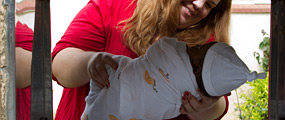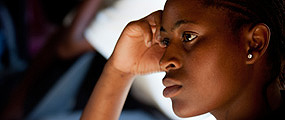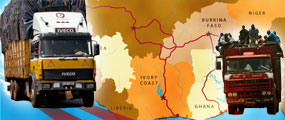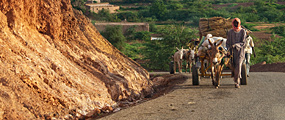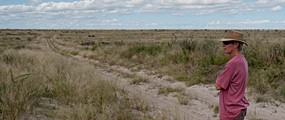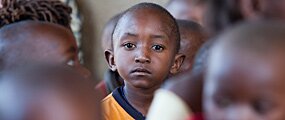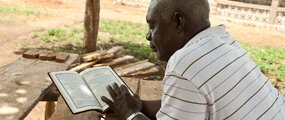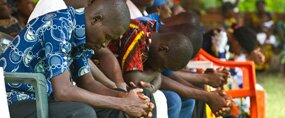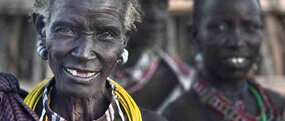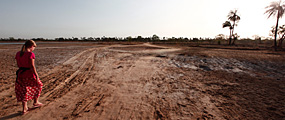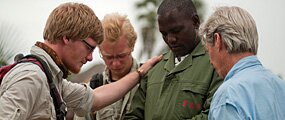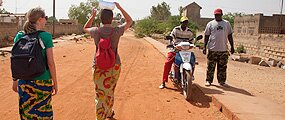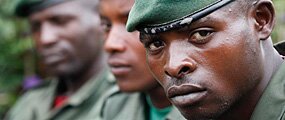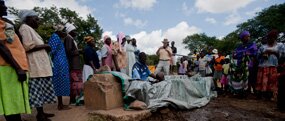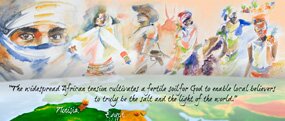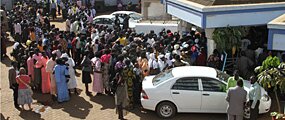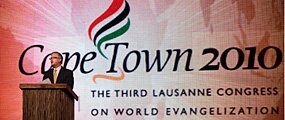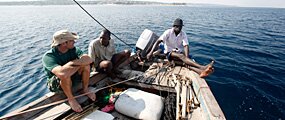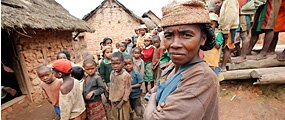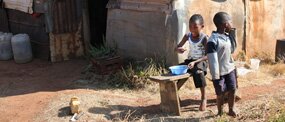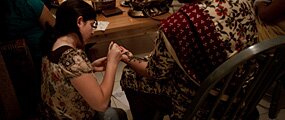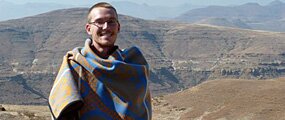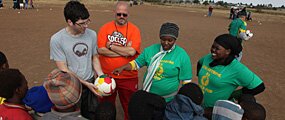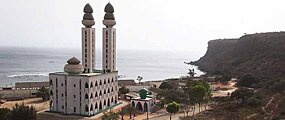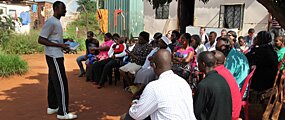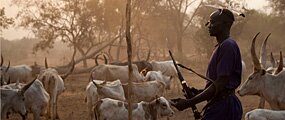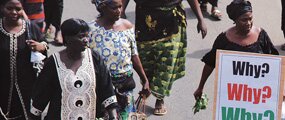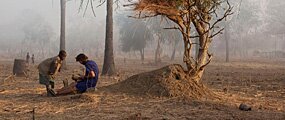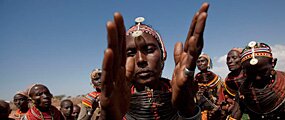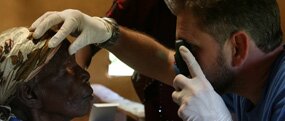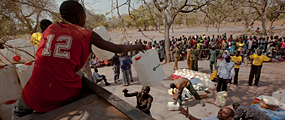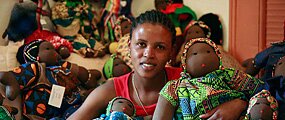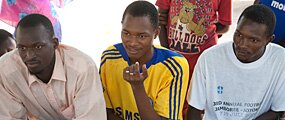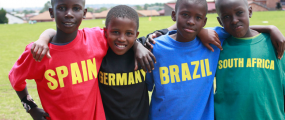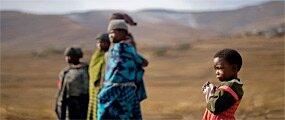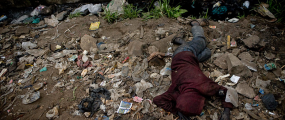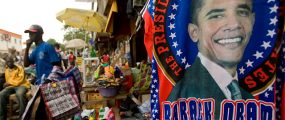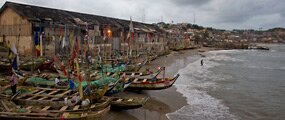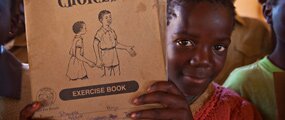Urban Focus
Posted July 15, 2010
JOHANNESBURG, South Africa (BP)–“The World Cup is over, but South Africa is still here,” said a missionary with the International Mission Board (IMB) serving in Johannesburg.
 The prayer of IMB urban missionaries in South Africa is that God would use the soccer World Cup to draw attention to the lost people of the nation’s cities.
The prayer of IMB urban missionaries in South Africa is that God would use the soccer World Cup to draw attention to the lost people of the nation’s cities.
IMB missionaries minister in five cities that were hosts of the 2010 World Cup: Johannesburg, Pretoria, Cape Town, Durban and Port Elizabeth.
“The goals we had for the World Cup were to primarily impact South Africa and the people of South Africa in our urban areas,” said missionary Wade Coker, the lead IMB strategist for southern Africa. Now is the time for follow-up, he said.
“To me the most critical work and sometimes the most difficult work in these types of events is going to take place now in the coming month or two,” Coker said, “and that is following up the decisions and … gathering the people together in Bible studies and in new outreach groups.”
Coker said the Gospel was shared with thousands of people across South Africa, and hundreds made decisions to follow Christ. In Cape Town alone, Coker cited 287 people receiving Christ.
“From all the reports I’m hearing, the goals were accomplished in that we did go into these townships and had a great impact,” he said.
A township is an urban area often characterized by high population density and low incomes.
Missionaries working in Soweto, a collection of townships in Johannesburg, had a goal of planting a church in a township called Dobsonville during the World Cup.
 Kurt Holiday, an IMB missionary who oversees strategies to reach South Africa’s urban centers, reported that a church has, indeed, been started in Dobsonville. “We did Holiday Bible Clubs and soccer clinics, witnessing and handing out tracts, and greeted people up and down the streets,” Holiday said.
Kurt Holiday, an IMB missionary who oversees strategies to reach South Africa’s urban centers, reported that a church has, indeed, been started in Dobsonville. “We did Holiday Bible Clubs and soccer clinics, witnessing and handing out tracts, and greeted people up and down the streets,” Holiday said.
Now a small group of new believers regularly gathers in Dobsonville, forming the nucleus of a new church. “I think that is going to end up being the result of the World Cup, and that is great,” he shared.
Over 35,000 pieces of evangelistic literature were distributed in Soweto, including Gospel portions, a Christian sports magazine and tracts. “Every contact that we have will be followed up within the next month. We have an immediate plan,” Holiday reported.
“Using sporting events to get the Gospel out, we’ve shown that it can be very effective and is a way to plant churches, as long as there’s a strategy beforehand and follow-up afterwards,” Holiday said.
Both Coker and Holiday credit the efforts of volunteers in helping to carry out successful World Cup strategies.
“They were essential,” Holiday said. “There’s no way we could have done what we did, accomplished what we accomplished, without their help. As good as [the] missionaries are that we have, we just can’t cover that much ground that quickly.”
Charles Braddix as a writer and photographer with the International Mission Board.

